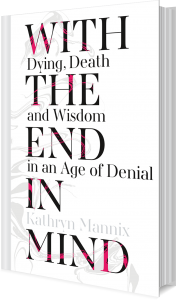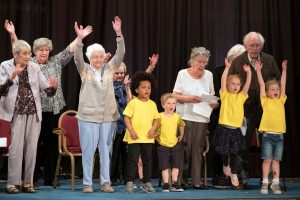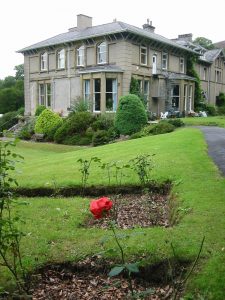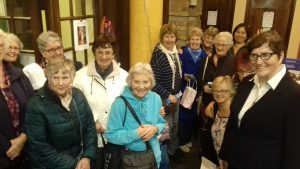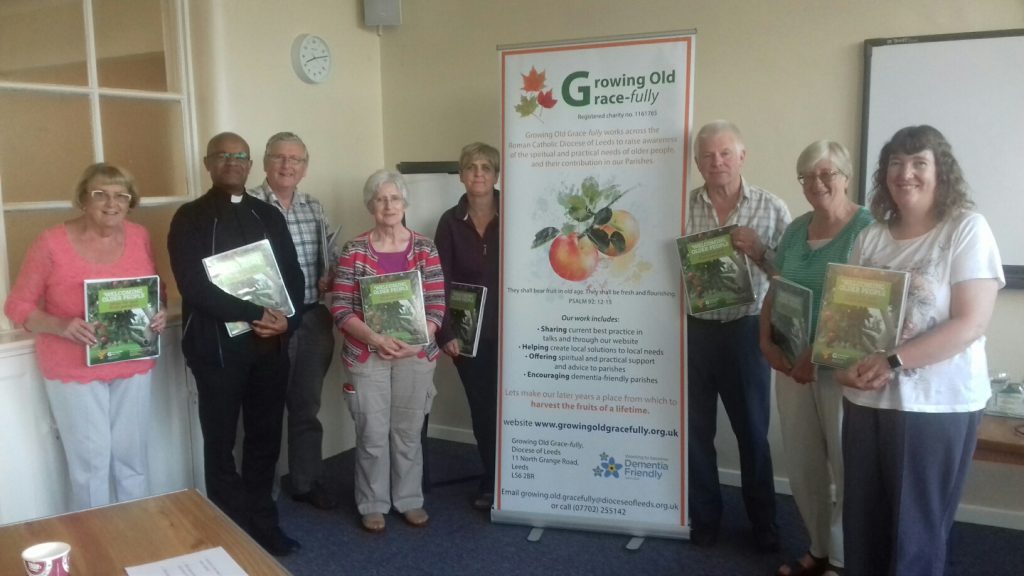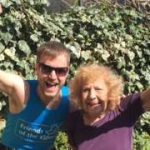On my way back from a recent Growing Old Gracefully related meeting I serendipitously listened to a Radio 4 Food programme called: “What’s so Special about the Food our Grandmothers Cook?” It recounted some of the tasty and not so tasty meals grandchildren had experienced from grandmothers. The programme reflected the diversity of food: Italian grandmothers cooking fresh pasta every day and a Colombian elder talking about a traditional soup learned from another older woman many years ago. These were both traditional recipes that these women were passing on to others.
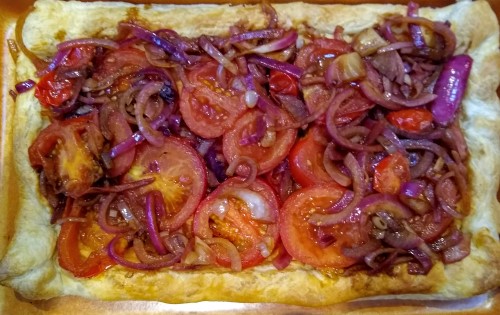
It got me thinking: What are our traditional recipes? And do those of us grandparents pass on recipes to future generations? In my family it is more likely grandfathers passing on recipes as my children (now adult) remember the food their grandfather cooked when we went to stay. He was the main cook and his roasts, lasagne, shepherd’s pie and trifles were enjoyed by all of us!
We are a multicultural society and many of us now eat a range of international foods. In our family we may eat a traditional “roast and two veg.” and apple crumble. We also love curry, tandoori, jerk chicken, pasta and pizza. Some of the family are vegan. I was born in Scotland and the next generation of my own family are of Indian, African, Colombian, as well as English and Scottish origin and those cuisines are now part of our family tradition. One of my daughter’s in law wouldn’t forgive me if I didn’t mention her Cornish background. My Yorkshire son–in-law’s signature dish is a seafood paella. He and my sons and daughter are all good cooks.
This programme was about the nurturing influence of grandmothers through their cooking. I only had one grandparent living when I was born and when I was a child she was a widow living with an aunt. Meals were very formal and as young children when we went to stay, (we lived in Scotland and she was in Kent), we were discouraged by my great great aunt from talking at meals unless spoken to. I slept in a little bed in Granny’s room and my favourite time was during her late night cup of tea I would wake up and be offered a biscuit and travel sweet from a tin. Luxury! And this was my talking time with Granny. So it was not her cooking I recalled, ( which apparently was limited, as is mine) but those sweets, and the other treats like going daily to a cafe for lemonade and a cake. With my own limited culinary talent it is more likely the trips out to eat that my grandchildren may remember: pizza and icecreams! It became a tradition while our cheap, local, much loved French Bistro was open that we took our sons,daughters and grandchildren out for supper on Christmas Eve. And in January I take them to the local pantomime with bags of sweets and ice creams.This has become part of our tradition.
I know of one grandmother who has extended family round once a week for an evening meal. I am full of admiration. Her husband with dementia is now in a care home and she goes every evening to feed him his evening meal. Food has always played an important social part in their lives.
Food in parishes is important. The Eucharist is the centre of Catholic life. Food in the parish hall is another important way parishioners meet each other and preserve and build on parish relationships. In our parish tea and coffee after Sunday Mass is attended by 30 or 40 parishioners regularly. It is (hopefully) a welcoming place for new parishioners and a social occasion for all ages keeping in touch with each other in the parish, particularly important as we no longer have our own parish priest and share with a larger neighbouring parish. Our parish hold an annual Seder (Passover) Meal. Every year large numbers of people from our and other churches meet to celebrate the Passover Meal, eating the traditional foods and drink of our Jewish sisters and brothers after we listen to the Readings they use about the Passover from the Old Teastament. At Pentecost we have a tradition of sharing food after Mass: traditional recipes from the countries from which our diverse congregation originally come. We have Indian samosas and sweets, Sri Lankan fishcakes, Portuguese soup, French quiche, Italian and Polish cake, English scones and many other dishes: a wonderful communal way to celebrate our diversity at Pentecost.
So, food is important in families and parishes: culinary traditions whether they are home cooked, trips to cafes and restaurants, or family trips to pantomimes or other foody treats. Parish meals and weekly cups of tea and biscuits in the parish hall are also key in forming and nourishing the life of parish communities.
I enjoyed the Radio 4 programme but I have to confess I didn’t hear it all…I was too busy reminiscing on what was special about the food experiences in my own family and parish. What are your family and food traditions?

